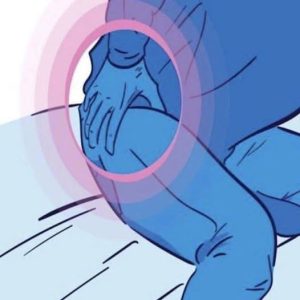The Second Circuit Court of Appeals has ordered a lower court to reconsider former President Donald Trump’s request to move his New York “hush money” case from state to federal court—a decision that could reshape one of the most politically charged legal battles in U.S. history. The case, brought by Manhattan District Attorney Alvin Bragg, accused Trump of falsifying business records related to payments made to adult film actress Stormy Daniels in 2016. Prosecutors argued the payments were intended to influence the presidential election by hiding damaging information from voters. Trump was convicted in May 2024 on 34 felony counts—the first criminal conviction of a former president—but immediately began appealing the verdict.
Trump’s legal team argues that aspects of the case involved official presidential duties, which could fall under the protections outlined in the Supreme Court’s July 2024 decision in Trump v. United States. That ruling expanded presidential immunity for actions taken while in office, forcing courts to reexamine what counts as “official” versus “private” conduct. In September 2024, U.S. District Judge Alvin Hellerstein rejected Trump’s attempt to move the case to federal court, calling it untimely. But the Second Circuit’s new ruling vacates that decision, saying the lower court did not adequately consider the implications of the Supreme Court’s immunity ruling.
The appeals court directed Judge Hellerstein to reassess whether evidence introduced at trial could involve acts performed “under color of the presidency.” While the ruling doesn’t overturn Trump’s conviction, it reopens the possibility that the trial occurred in the wrong jurisdiction—a procedural flaw that could vacate the verdict. Legal experts say it’s a long shot but could have far-reaching implications for Trump’s other cases and for how presidential immunity is interpreted in future prosecutions.





